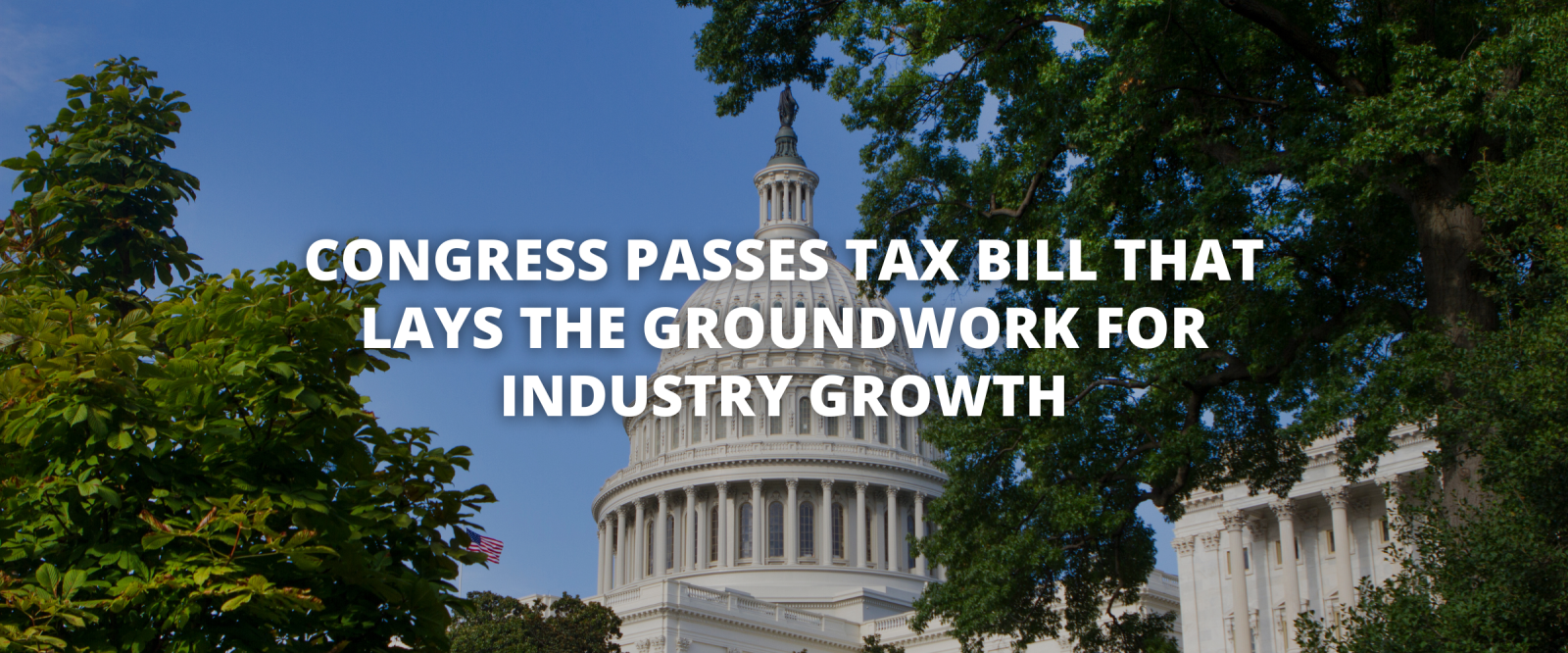Advocacy Update l Congress Passes Tax Bill That Lays the Groundwork for Industry Growth

What Happened:
The House passed tax legislation that includes policies that will strengthen the restaurant and foodservice industry, enabling restaurant owners and operators across the country to create jobs, invest in their businesses, and provide certainty for their local economies. The bill also includes President Trump’s signature No Tax on Tips and No Tax on Overtime provisions, which will provide additional tax deductions for tipped servers and bartenders, and hourly employees who earn overtime premium pay.
What It Means:
Key issues that restaurant operators, the Georgia Restaurant Association and the National Restaurant Association have been advocating for the past two years were all included and are permanent. The tax deductions on tips and overtime premium pay expire at the end of 2028.
The key provisions:
- Full expensing for capital equipment purchases: Operators will be able to meet payroll and other expenses while investing in capital equipment or refurbishing their dining rooms.
- 20% qualified business income (QBI) deduction: For the 77% of restaurants that are pass-through businesses, this will support investments in their operations and bring down their effective tax rate from 37% to 29.6%, creating parity with larger businesses.
- Business interest expense deduction: This restores depreciation and amortization to the calculation of interest payment deductibility, freeing up capital to pay off debt, expand, or make additional investments.
- Permanent family and medical leave tax credits: Supports operators who choose to offer paid family and medical leave.
- Estate tax relief: Prevents the often-overwhelming tax hurdles that force families to sell or close a restaurant rather than the next generation continuing to operate it.
- No Taxes on Tips and No Taxes on overtime: This priority of President Trump’s includes a $25,000 tax deduction for servers and bartenders earning tips, and a $12,500 tax deduction of overtime premium pay for hourly earners. Both provisions will be available for workers from 2025 to 2028.
What We’re Saying:
“The restaurant industry is a powerful economic engine – generating over $1.4 trillion in annual economic activity and employing more than 15 million people nationwide,” said Michelle Korsmo, President & CEO of the National Restaurant Association. “The pro-growth tax policy in this bill will make it easier to start a restaurant and to continue to improve and modernize as the business grows. It lays the groundwork for long-term innovation, job creation, and economic growth, ensuring restaurants can continue to meet evolving consumer needs and power the U.S. economy.”
What’s Next:
Now that the One Big, Beautiful Bill has passed, we’ll be working closely with the Administration as they develop guidance for putting these policies into action. At the same time, we’ll be creating clear, easy-to-use resources to help you understand what these changes mean for your business and your team. Visit restaurant.org for the latest updates.
